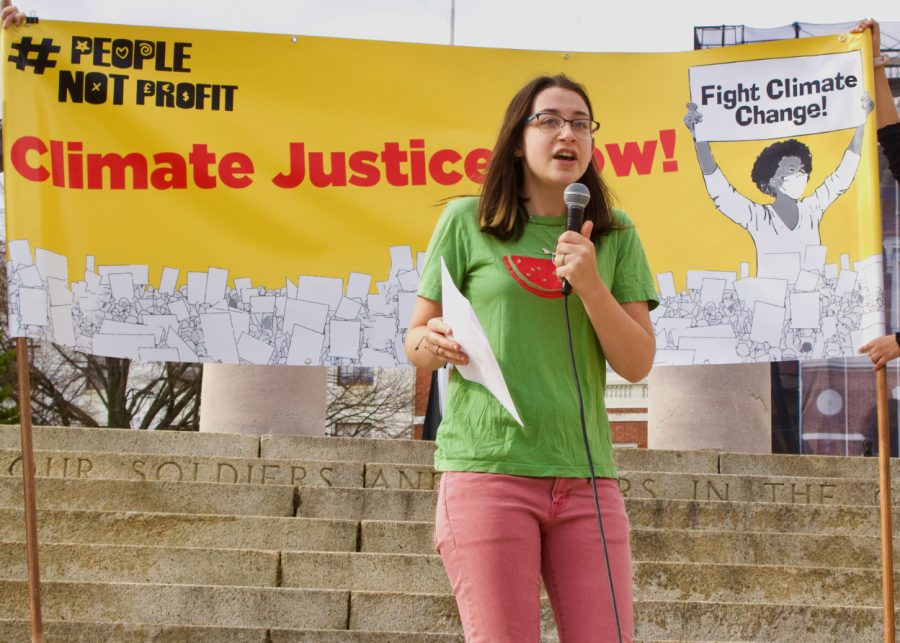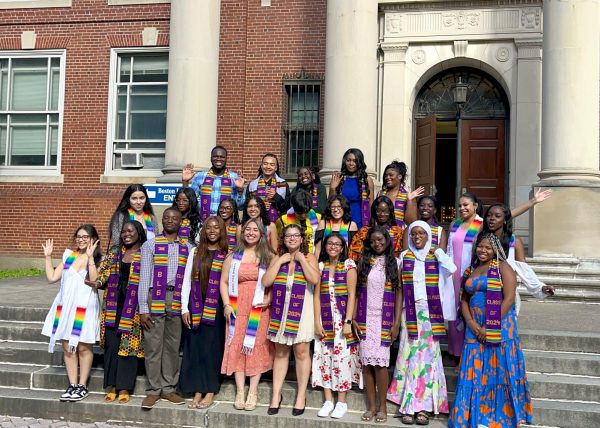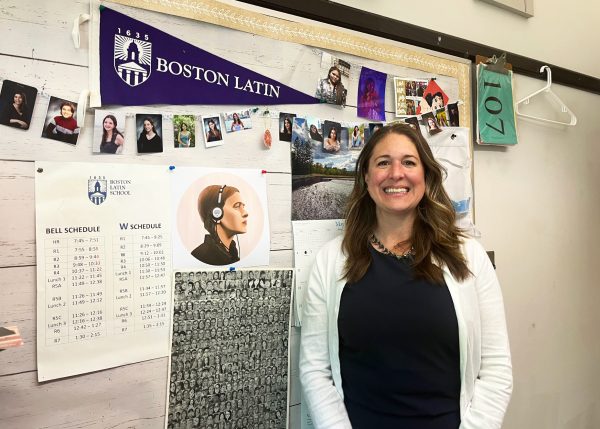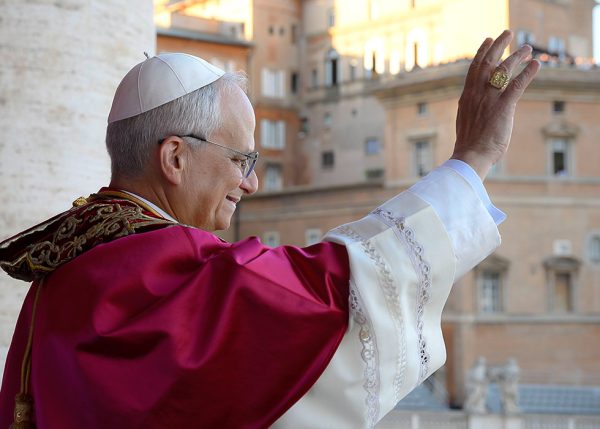Boston Youth Advocate for #PeopleNotProfit
The #PeopleNotProfit Boston Climate Strike, which occurred on March 25 at Boston Common, is one of a series of global strikes under Fridays For Future, an international movement.
Under the theme of “People Not Profit,” this year’s strike was co-sponsored by the Boston Climate Action Network, Healing, Empathy, Redemption, Oasis, Extinction Rebellion Boston and the Boston University Environmental Student Organization. Individuals and organizations gathered to interact and advocate for their work through fliers, signs, speeches and singing. Among the crowd were 12 Boston Latin School students.
Maya Nelson (II), co-president of Boston Latin School Youth Climate Action Network and a member of the Massachusetts Youth Climate Coalition, was one of eight speakers at the strike. Nelson highlighted the intersection of her work in climate activism with her identity as a young adult. She aimed to convey the collective power that youth have to create change.
In her speech, Nelson tackled two main problems that Boston is not yet equipped to address: sea-level rise and air pollution. Nelson also emphasized that discussions surrounding climate change are incomplete without acknowledging how certain communities in Boston are disproportionately affected, such as Hispanic and Black communities.
These communities are exposed to more industrial facilities than any other race, which makes air pollution a major problem for them. Nelson comments on a scientific study proving the effect: “Within cities [,in predominantly Black communities,] the researchers found exposure inequality actually increased slightly during the study period.”
The effects do not end there. Destruction threatens Crane Ledge Woods, a 24-acre property in Hyde Park, in a proposed project that would cut through the forest to build ten new buildings. In response, activists like Nelson have called for the Boston City Council to allocate funds dedicated to green space infrastructure acquisition, which could ensure the conservation of wildlife and a green space for residents.
BLS students living with the impact of climate change and urban development also voiced their concerns.
One major concern is the consumption of plastic and the lack of sustainable alternatives. Avani Shah (IV), a student participant in the strike, thinks that recycling is not helping the community use less plastic because they “still default to using plastic, and there just aren’t enough options or ways to avoid it.”
Advocates also reported being excluded from conversations where they feel their presence could make a difference. Ita Berg (IV) shares that developers in Dorchester are providing “misleading blueprints, scheduling open meetings at times we aren’t available and getting building permits right from the city without talking to any of us.” The lack of input from people who are most directly impacted is a concern commonly shared among her peers.
Youth also feel the pressure of scientists’ predictions that the time to address the environmental crisis is running out. Esther Rosi-Kessel (II) concludes, “All of climate change is affecting us a lot because we know that we’re going to be growing up with this and, it’s just going to get worse unless something happens soon.”






